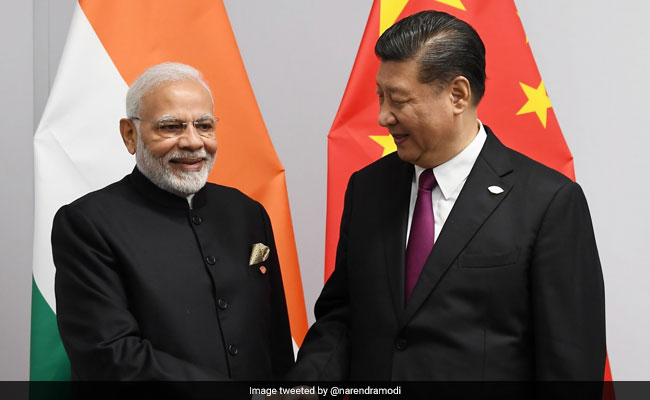Amidst America’s tariff war, China extended hands towards India, what is its meaning


A big statement of Chinese Foreign Minister Wang Yi has come out in the midst of America’s tariff war. China’s Foreign Minister Wang Yi has said that in such an environment, New Delhi and Beijing need to come together. He further said that this is the occasion when both countries need to pay attention to working together to achieve shared success. He further said that if the two nations, which are the two largest economies in Asia, are combined, then the democratization of international relations and the development and strengthening of global South will be a bright future. Let us tell you that India has not yet given any response to this statement of China’s Foreign Minister.
Wang on Friday in response to the question of a relationship with New Delhi said that this is the time when both countries should support each other. Do not try to weaken each other. The special thing is that this comment of Wang has come after the statement of External Affairs Minister S Jaishankar on India-China relations. Jaishankar recently said that India wants a stable relationship with China.
Wang Ji emphasized the border dispute, saying that we should not allow bilateral relations to be defined by the boundary question, or not allowing specific differences to affect overall bilateral relations. This statement came during the tariff war between the US and China, it is a fight that is the result of the first term of Donald Trump as an US President. Trump on Tuesday signed an order to increase the tariff from 10 to 20 percent on sugar imports in his country.
The White House said that this growth was vengeance to Beijing’s failure in controlling the export of Fentanel, which is an malignant -manufactured narcotics associated with an opioid crisis in the US. China has also filed a complaint with the World Trade Organization regarding the US tariff war, alleging that unilateral taxes, serious violations of WTO rules and China-America weakens the foundation of economic and business cooperation. China also criticized the Phentenele claim, describing it as an excuse to increase the tariff.



